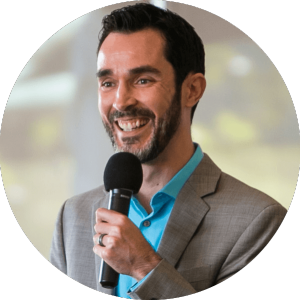
In today’s fast-paced and competitive world, finding the right balance between personal well-being and professional success is often a challenging endeavor. This is where the concepts of mindfulness and mindset come into play, offering profound insights and strategies that can transform your everyday life, particularly in the workplace.
Mindfulness is about being fully present, aware of your thoughts, emotions, and surroundings. It encourages you to embrace the here and now, fostering mental clarity and reducing stress. Incorporating mindfulness into your daily routine can significantly enhance your focus and decision-making abilities, crucial skills in any work environment.
Mindset, on the other hand, revolves around your attitude and beliefs about your abilities and potential for growth. A growth mindset emphasizes the belief that abilities and intelligence can be developed through dedication and hard work. On the contrary, a fixed mindset limits one’s potential by believing that abilities are innate and unchangeable.
At work, practicing mindfulness can lead to a more productive and harmonious atmosphere. By being present in meetings, actively listening to colleagues, and managing stress effectively, you can create a positive impact on your team and contribute to a healthier work environment. Furthermore, cultivating a growth mindset can help employees embrace challenges, view failures as opportunities for learning, and foster innovation within the organization.
Now, you might be wondering how to bring the power of mindfulness and mindset into your workplace more effectively. This is where booking a keynote speaker who specializes in these topics can make a profound difference.
Our team of top mindfulness and mindset speakers are experts in guiding individuals and organizations toward greater well-being and success. They offer inspirational talks and practical strategies that can help your team harness the full potential of mindfulness and mindset in their daily work lives.
When you hire mindfulness and mindset motivational speakers for your event, you’re providing your team with a unique opportunity to learn from the best in the field. These speakers will not only educate but also inspire your employees to integrate mindfulness and a growth-oriented mindset into their daily routines.
In conclusion, the importance of mindfulness and mindset in your everyday life, especially at work, cannot be overstated. Embracing these concepts can lead to increased productivity, improved well-being, and a more positive work environment. To take it a step further and ensure that your team fully grasps the benefits, consider booking one of our top mindfulness and mindset speakers for your next event. They will not only inform but also motivate, leaving a lasting impact on your organization’s journey to excellence.




 USA
USA 
